
Editor
A famous singer is going through the dark period of her life...
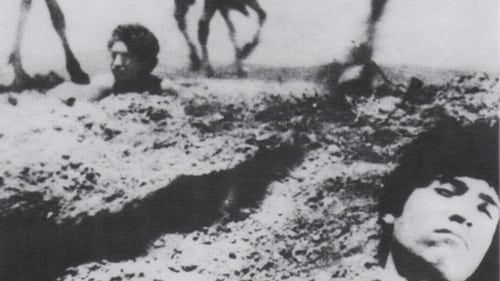
Editor
Film en cuatro episodios, más un prólogo y un epílogo. El prólogo presenta imágenes alegóricas del México prehispánico. El episodio "Sandunga" recrea los preparativos de una boda indígena en Tehuantepec. "Fiesta" desarrolla el ritual de la fiesta brava, mientras que "Maguey" escenifica la tragedia de un campesino victimado por rebelarse contra su patrón. "Soldadera" muestra el sacrificio de una mujer revolucionaria. El epílogo, también conocido como "Día de muertos", se refiere al sincretismo de las distintas visiones que coexisten en México alrededor del tema de la muerte.

Editor
A satirical comedy of three novellas ("What an a impudence!", "By the laws of hospitality", "One hundred grams for bravery"), united by the common theme of drunkenness and alcoholism: the first one about an exemplary citizen who met an avid drunkard on the way to work, the second one about an incident at a party that occurred through the fault of alcohol, and the third one about a shy man before the first date decides to drink "hundred grams" for courage.
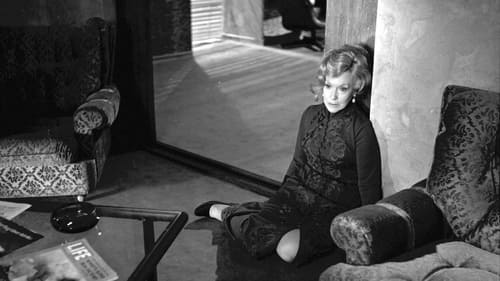
Editor
Soviet intelligence spouses — Lyudmila ("Lyre") and Fyodor ("Starling") Grekov at the beginning of the Great Patriotic War are tasked with settling in Germany. Personnel intelligence officers with vast experience are successfully introduced into German society and begin to work actively. At the end of the war, during the bombing of Berlin, fate separates them, but then they will meet in the new Germany and continue their work.

Editor
Молодой талантливый врач Ростислав Савельев, считающий, что его недостаточно ценят на родине, воспользовавшись туристической поездкой, остается в одной из европейских стран. Но не найдя работы по специальности, он вынужден согласиться на предложение из школы диверсантов...
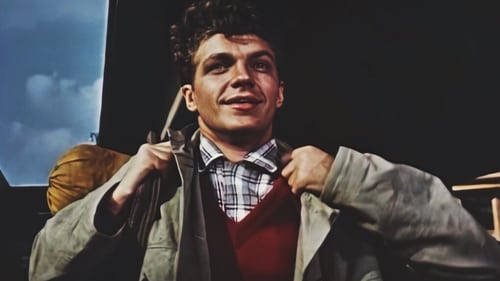
Editor
The Soviet boys, Vadik and Yura, together with the mischievous little girl Tosha, are children with a kind heart and good life philosophy. One day they find money on the street, which must be returned to the owner without fail. But where to find an inattentive citizen who has lost not only money, but also a booklet with quite important information. So, begins the time of exciting adventures, breathtaking moments, high-quality humor and instructive-entertaining ideological line.

Editor
Alexey and Valentina met in the tourist camp on Seliger, and after two weeks they celebrated their wedding. Returning to the family, the young couple faced the first difficulties. Both parents didn't like the willfulness of the young - and there were problems with housing. They started a constant quarrels. The young soon agreed that their wedding was premature ...

Editor
Summer of 1960. A detachment of exploration geologists is working in the steppe region, and among them is Alyoshka, a guy who, before entering the geological exploration institute, decided to walk with geologists. Unskillful and messy in everyday life, he becomes the object of their jokes and practical jokes, which are not always harmless. However, his persistent character, his timid and pure love for the switchwoman Zinka, who lives with her grandfather on a crossing lost in the steppe, makes the guys from the squad take a different look at this inconspicuous guy and at his relationship with each other.
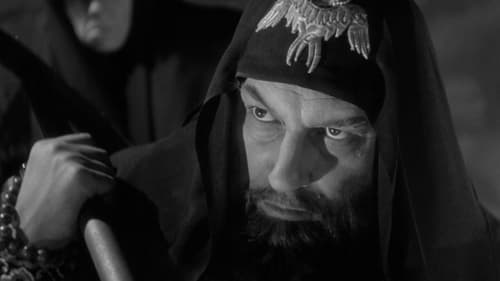
Editor
Mientras Iván el Terrible intenta consolidar su poder estableciendo un ejército personal, sus rivales políticos, los boyardos rusos, se conjuran para asesinar a su zar.

Editor
Yugoslav farmer-turned-partisan Slavko Babić starts an uprising against the fascist Germans and their allies.

Editor
Merry Fellows was the first Soviet musical comedy. Set in Odessa and Moscow in the 1930s. Shepherd Kostya Potekhin (Utyosov) is mistaken for an international concert star. He falls in love with Anyuta (Orlova) and plays the "star" for her. In a cascade of comic musical numbers he becomes the leader of a Jazz-Band and gives a hilarious show at the Odessa Music Hall. Now he is destined to perform at the Bolshoi Theatre in Moscow.
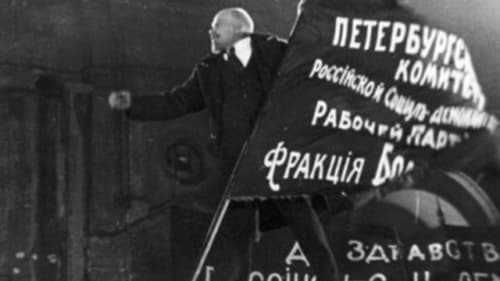
Editor
Reconstrucción de los acontecimientos ocurridos desde Febrero hasta Octubre de 1917. Una película en la que, siguiendo la filosofía comunista, no había personajes principales. La habilidad de Eisenstein y su experiencia se ve en los rápidos movimientos y en el ritmo en el montaje, así como en la construcción de intensas secuencias que no fueron bien entendidas por las tempranas generaciones rusas. El estreno se retrasó hasta 1928 debido a la presión de algunos grupos influyentes y, además, se cortaron algunas escenas. Aparecen en el filme muchos de los protagonistas de la revolución: los Guardias Rojos, los soldados y los marineros.










